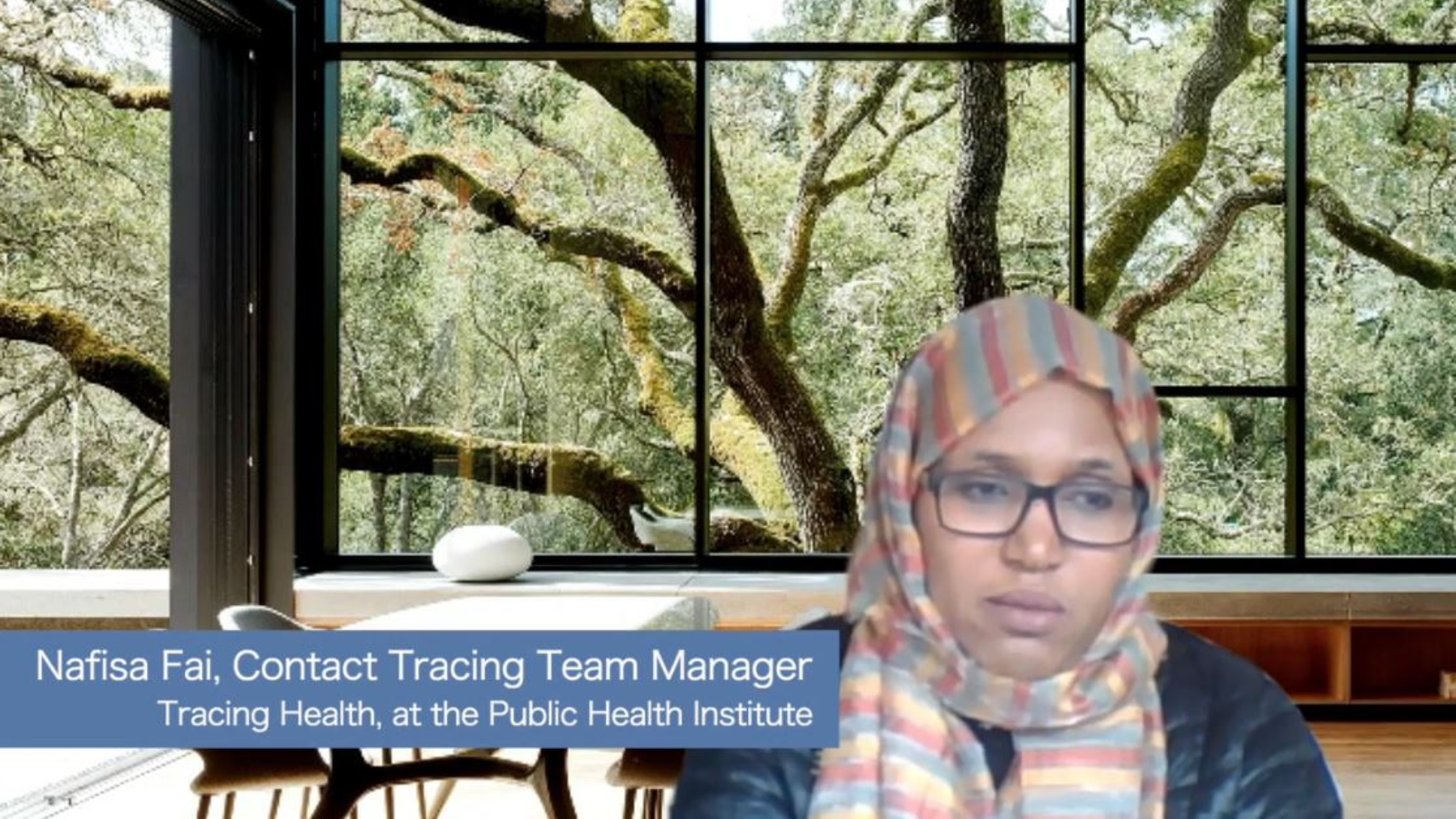Supporting Mental Health Needs Through Contact Tracing
Programs
Highlights

“We had a suicide prevention training just days before we had our first contact who was considering suicide.” In 2020, PHI’s Tracing Health began doing what virtually no other contact tracing program has done—preparing contact tracers to provide mental health crisis support.
5 hrs of mental health and trauma-informed training
3 year certification from National Council for Behavioral Health
-
Focus Areas
Communicable Disease Prevention -
Issues
Mental Health -
Strategic Initiatives
COVID-19
The COVID-19 crisis has brought significant mental health challenges for millions of people. In a July 2020 survey, 53% of adults in the United States said that their mental health had been negatively impacted due to worry and stress over the coronavirus. Many reported difficulty sleeping or eating, increases in alcohol consumption or substance use, and worsening chronic conditions due to COVID-related stress.
Communities of color, who face high death rates of COVID-19, are experiencing greater depressive symptoms and increased isolation: a September 2020 poll found that about 40% of Black and Latino Americans are experiencing mental health problems from COVID-19, compared to 29 percent of white people.
In 2020, PHI’s Tracing Health contact tracing program began doing what virtually no other contact tracing program has done—preparing contact tracers to provide mental health crisis support, including trauma-informed outreach, mental health first aid, and suicide prevention work. The training program is led by PHI’s Cypress Resilience Project and its program director Brooke Briggance, who is a Certified Grief Recovery Specialist, Certified Mental Health First Aid Instructor, and Certified Trainer in Trauma Informed Systems. The Cypress training focuses on identifying the signs and symptoms of mental health challenges and trauma, considering the role of individual and community resilience in healing, and directing focus on transformation, racial equity and inclusion.
“We had a suicide prevention training just days before we had our first contact who was considering suicide,” says Nafisa Fai, a contact tracing team manager at Tracing Health in the Pacific Northwest, where we work with the Oregon Public Health Institute.

Nafisa describes her team’s work in addressing the mental health needs of those faced with COVID-19.
Tracing Health staff participate in a five-hour mental health first aid training, in which they learn the common signs and symptoms of mental illness and substance use disorders and build skills to manage a mental or behavioral health crisis or emergency. Upon completion of the training, staff receive a 3-year certification conferred by the National Council for Behavioral Health. Staff have also received suicide prevention training from our county public health partners. Other mental health training includes work in trauma-informed approaches, grief recovery, and other topics.
Through their contact tracing work, Tracing Health staff are able to provide urgently needed support for the physical, emotional and mental health needs of those in the communities that have been most impacted by COVID-19.
Hear about our contact tracing work and mental health support in the Spokane Public Radio story, “Contact Tracers Provide Empathetic Ears To People Struggling With Isolation.”
Work With Us
You change the world. We do the rest. Explore fiscal sponsorship at PHI.
Support Us
Together, we can accelerate our response to public health’s most critical issues.
Find Employment
Begin your career at the Public Health Institute.
